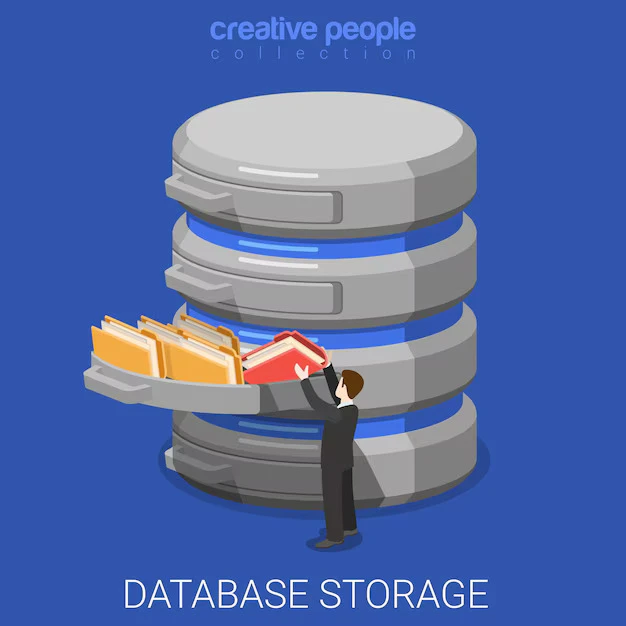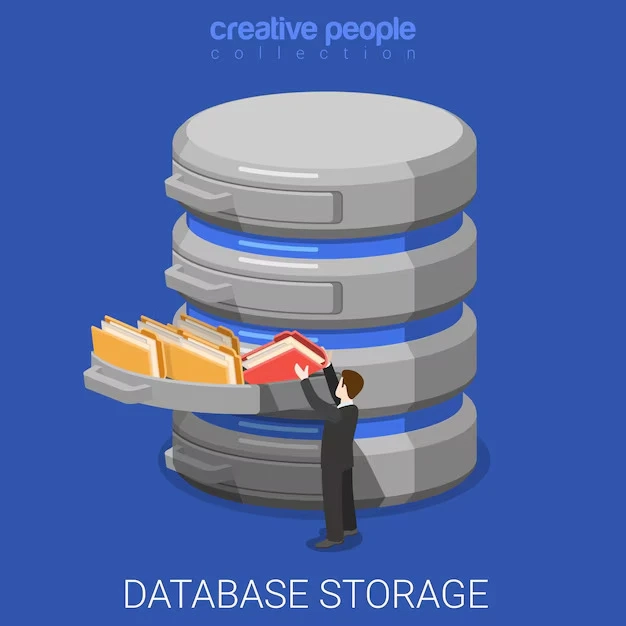What is data archiving?
For the unversed, data archiving is a systematic approach that helps businesses manage their data growth. Along with this, archiving also optimises system performance and ensures the efficient use of database resources within the IT environments. Moreover, archiving helps you strike a balance between retaining the required historical data and maintaining a lean, high-performing IT infrastructure.
SAP data archiving is a secure process that enables long-term data retention and storage. As a matter of fact, the process provides organisations a secured location to store crucial information to be used when necessary, such as for audits or analysis purposes. Another important thing to consider about archiving is that after the data is archived in the system, the information remains accessible to authorised personnel while its integrity is protected. Furthermore, in the context of SAP, the technology used for archiving data is the Archive Development Kit (ADK) along with Archive Administration (transaction SARA). However, in the non-SAP context, different technologies exist, such as intermediate archive implementation.
What are the types of archiving?
Often, data archiving and document archiving are considered the same thing. However, both are significantly different from one another. Additionally, there's a lesser-known type of archiving as well - fiscal archiving. Here's what you need to know about their difference -
Data archiving for structured data
As you've seen in this article earlier, data archiving moves closed business transactions data from the live system to an offline or secondary storage. The main aspect of data archiving is that you need to set a process and have a strategy to reduce manual efforts and errors. Furthermore, you must ensure compliance with legal data retention requirements.
Document archiving for unstructured data
The key difference between data and document archiving is the type of data that you are archiving. Document archiving relates to unstructured data, such as Word files, PDFs, sales invoices, and so on. This archiving occurs in real time; moreover, it can be stored on any content server. However, you must keep the link active from the content server to your system to access the archived document.
Fiscal archiving
– Lastly, fiscal archiving is the process of regularly freezing your data. Here, freezing means that the status of your data is kept for a intended time by archiving them. This is done in fiscal archiving to ensure the quality of your audit report based on the consistency of your original data.
Why does data archiving matter?
Reduces your total cost of ownership
SAP data archiving helps reduce the excessive cost associated with storing large amounts of data, moreover, reducing the total cost of ownership.
Reduced migration time
It is a hand-in-hand advantage that comes with reduced data for migration. It is a given that the more data you migrate, the longer the migration process will take. With the help of data archiving, you can reduce the overall migration window to a new server or the cloud.
Smooth migration to an upgraded system
One of the most sought-after advantages of data archiving is that it helps in seamless migration to an upgraded system. You can archive old data, such as old company codes, which are retained only for compliance purposes. This reduces the extra load on data migration and smoothens the process.
Helps achieve sustainability targets
With the world rapidly expanding, there's one aspect that organisations cannot miss – sustainability. In fact, sustainable and green solutions are the need of the hour. Fortunately, data archiving helps you achieve a lower carbon footprint. You must be thinking, how? Well, less amount of data to maintain in your main database means less energy is used for storing it, thereby reducing digital carbon emissions.
Ensures data privacy
One of the most essential benefits of SAP data archiving is its ability to ensure stringent data privacy. Businesses can ensure compliance with data privacy laws as well as tax and audit requirements by retaining and deleting any personal information collected from the users.

Conclusion
In this article, you've explored the process and different types of archiving. Apart from this, you have also learned why data archiving is essential for organisations. While it is one of the best methods to control your database growth, doing it on your own can be a little complicated and time-consuming. That's why you need an expert to help you with data archiving projects and deliver the best possible results. On top of it, after the successful completion of the project, an expert can also help you with ongoing support.


